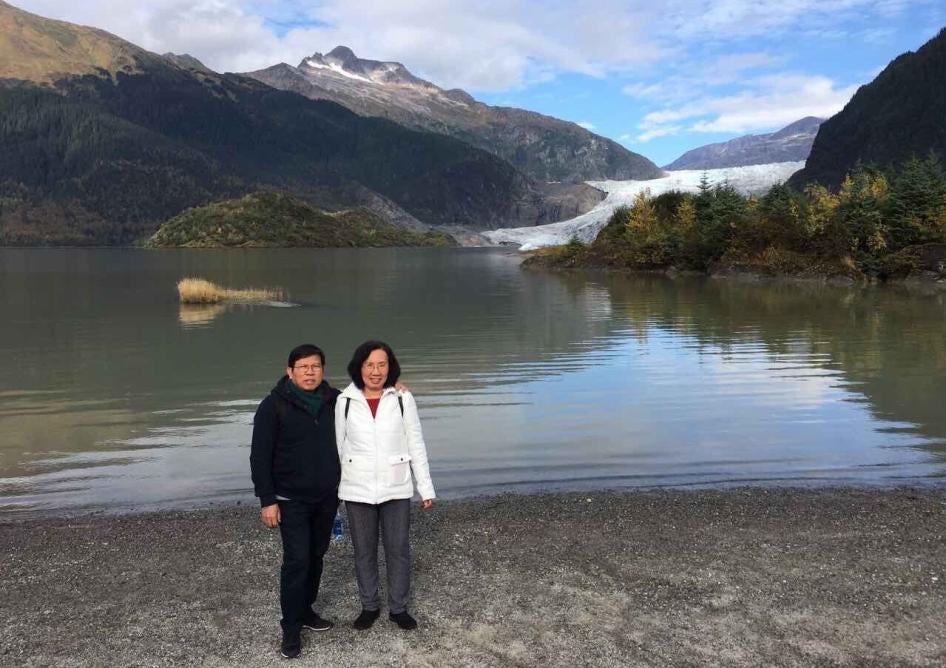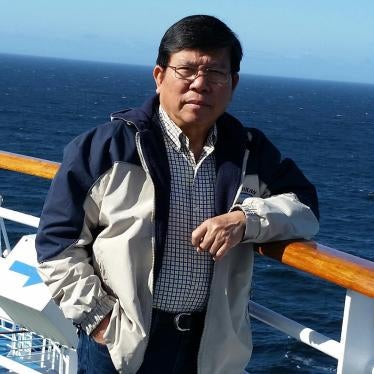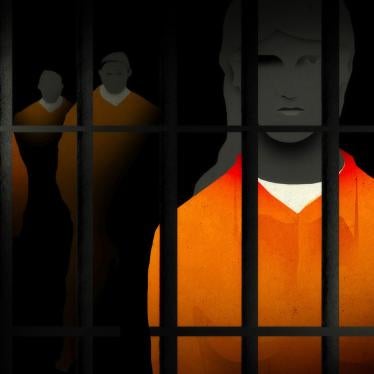Today, June 15, a retired baker from Sydney will spend his 71st birthday alone in a remote prison three hours south of Vietnam's Ho Chi Minh City.
His wife and children have not spoken with him since his arrest in January 2019. Nor have Vietnamese authorities allowed Australian consular staff to visit him since January 2020, citing restrictions on prison visits due to the coronavirus.
The Australian’s name is Chau Van Kham, and in November 2019, a Vietnamese court convicted him of “terrorism” and sentenced him to 12 years prison. Vietnamese authorities only let Chau meet his lawyer twice before the trial. The verdict followed a speedy four-and-a-half-hour trial involving six defendants – which in itself raises serious due process concerns.
Despite the serious nature of the charges, the indictment did not allege any violence or attempted violence by Chau or his Vietnamese co-defendants. Instead the court pointed to evidence of his affiliation and activities with an opposition political party, Viet Tan, which operates openly and lawfully in many countries including Australia, but which Hanoi arbitrarily labels “terrorist.”
Chau’s appeal of his sentence was rejected. Before the coronavirus pandemic, his monthly consular visits were held in the presence of Vietnamese officials and video recorded. But now there are no visits at all. Suddenly and without explanation on June 1, prison officials moved Chau from Ho Chi Minh City to a more remote prison in Ham Tan district, Binh Thuan province, compounding his isolation.
Chau’s wife, Chau Quynh Trang, says he normally would celebrate his birthday at home, cooking together his favorite meal, grilled lamb. She misses her husband terribly, speaking about the way he cares about the family, and his dedicated daily gardening. Looking at the garden with growing dragon fruit and flowering orchids reminds her of her husband. She longs simply to hear his voice and to know how he is doing.
Chau Van Kham is just one of more than 160 political prisoners in Vietnam, held for peaceful acts of free expression. The one-party state has no tolerance for anyone who expresses a narrative contrary to the government, seeing such people as a threat to the ruling Communist Party’s monopoly of power.
Yet Vietnam’s dismal human rights record rarely makes the international news. The Australian government, worried about China’s growing influence in Southeast Asia, has largely refrained from a principled public stance on human rights violations in Vietnam. The US government under President Donald Trump has limited itself to raising human rights issues when it’s been politically useful. The European Union just concluded a Free Trade Agreement with Vietnam, largely ignoring campaigners’ concerns about Hanoi’s horrible rights record.
This silence has surely emboldened the Vietnamese government to expand its efforts to round up and detain dissidents. Since mid-April, three people have been convicted and sentenced to prison on charges of spreading anti-state propaganda and “abusing the rights to freedom and democracy.” Police also arrested at least four other people, charging them with various crimes including efforts to “overthrow the people’s government,” and spreading anti-state propaganda.
Australia has deepened ties with Vietnam, signing a Strategic Partnership in 2018. This is supposed to boost economic relations for both countries. But a prosperous economy means nothing if people are denied basic human rights. It’s a telling indication that the Australian government cannot even safeguard the rights of one of its own citizens who has been arbitrarily detained for nearly 18 months.
As Chau Quynh Trang told me, “I am very disappointed that my husband, an Australian citizen who has worked hard all his life in this country, now 71, is alone and suffering in a foreign jail with little support. I fear that I will lose my husband as his health is not good at all.”
The Australian government needs to redouble its efforts to free Chau Van Kham. Especially given his age and medical condition he is at increased risk of serious illness if he contracts the coronavirus. Australia’s diplomats should demand that Vietnam consider his humanitarian release an immediate priority.
When Western governments have consistently and robustly pressured the Vietnamese government for the release of political prisoners, there has been a response, with dissidents released into exile in France, Germany and the US. Foreign Minister Marise Payne needs to find her voice for the sake of this Australian citizen, while also making it clear to the Vietnamese government that the Australian government will act when basic rights to free expression, peaceful assembly and association are suppressed.









